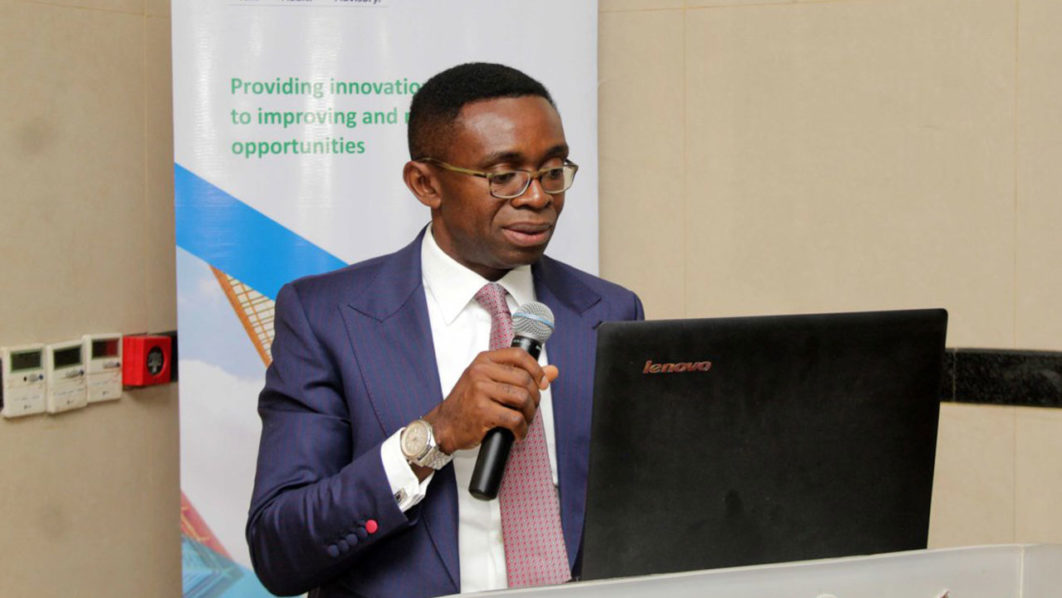
Nigeria may face a daunting task in moving its economy to $1 trillion as inherent challenges may topple the plan even if the banking sector maintains its current momentum.
This was according to stakeholders, who gathered yesterday in Abuja at the launch of the 2024 Nigerian banking sector report by Afrinvest Group. They said that from all indicators, President Bola Tinubu’s goal of growing the economy to $1 trillion by 2026 is elusive without having holistic actions in place.
While the International Monetary Fund (IMF) expects Nigeria’s Gross Domestic Product to be at $253 billion by end of this year, Tinubu last year projected the economy to be around $1 billion by 2026 amidst the recapitalisation of the banking sector.
Speaking at the Afrinvest event, the Governor of Central Bank of Nigeria (CBN), Dr Olayemi Cardoso, reaffirmed Tinubu’s position, pledging that the apex bank would support the aspiration.
“We are glad that the present administration has set this target, and we are committed to supporting it,” Cardoso, who was represented by Acting Director of Financial Policy and Regulations, John Onoja, said.
He noted that a recapitalised banking sector would enhance the capacity of banks to serve the larger economy, increase lending capacity, attract foreign investments, improve foreign exchange liquidity, contribute to GDP growth, and promote better risk management and credit ratings.
This comes as the Chairman Presidential Fiscal Policy and Tax Reforms Committee, Taiwo Oyedele, expressed concerns on why Nigerian companies, including Nigerian National Petroleum Company Ltd, are not breaking into the global space, with capacity to generate as much as $30 billion profit yearly.
Oyedele, who also insisted that the country remained poor as the budget of the entire three tiers of government is way below $40,000, noted that the country is focusing on revenue generation in the wrong places, mostly at the bottom of the ladder.
“So, what we have done is to look at the tax system and see how we can reconfigure it so that the burden of tax falls in the right places, not on the lower end of the ladder, which are small businesses. We have also found out that we can make more money by disposing of government assets,” Oyedele said.
According to him, beyond recapitalisation of the banking sector, the country must also work on its human capital development, the power sector, industrialisation, agriculture, oil and gas, and the digital ecosystem.
Also speaking at the event with the theme: “Banking recapitalisation, catalyst for $1 trillion Economy,” DAI’s Country Director for Nigeria, Dr Joe Abah, noted that while Nigeria has the capacity to implement, it fails due to inadequate planning and preparation to deliver reforms.
He said delays in implementation of economic recovery plans and government actions that hinder rather than help economic growth are factors that make projections such as the $1 trillion economy daunting.
Abah stressed the need for behavioural changes, better productivity, and long-term thinking to achieve economic goals, noting that merely drafting plans without addressing these issues is insufficient.
Abah emphasised the importance of deliberate and well-thought-out planning, including necessary legislative and cultural changes, to drive economic progress.
The Managing Director of Afrinvest Group. Ike Chioke insisted that there is a need for a comprehensive approach to achieving a $1 trillion economy, stressing that the macroeconomic environment is challenging.
Noting that politicians must pay attention to the realities in the country, he said the company started the banking sector report in 2005 after the first recapitalisation programme to highlight the dynamics of the banking sector in Nigeria.
Chioke advised investors, who might be taking advantage of the current recapitalisation exercise to watch carefully before investing their money.
The report from the organisation expects growth in the broader economy to range between 3.0 per cent and 4.0 per cent in the near term due to weak institutional capacity to translate reform goals into visible gains.
It, however, projected the banking sector growth to remain firm over the near term, even as industry players commence capital-raising activities to meet up with the new recapitalisation directives.






